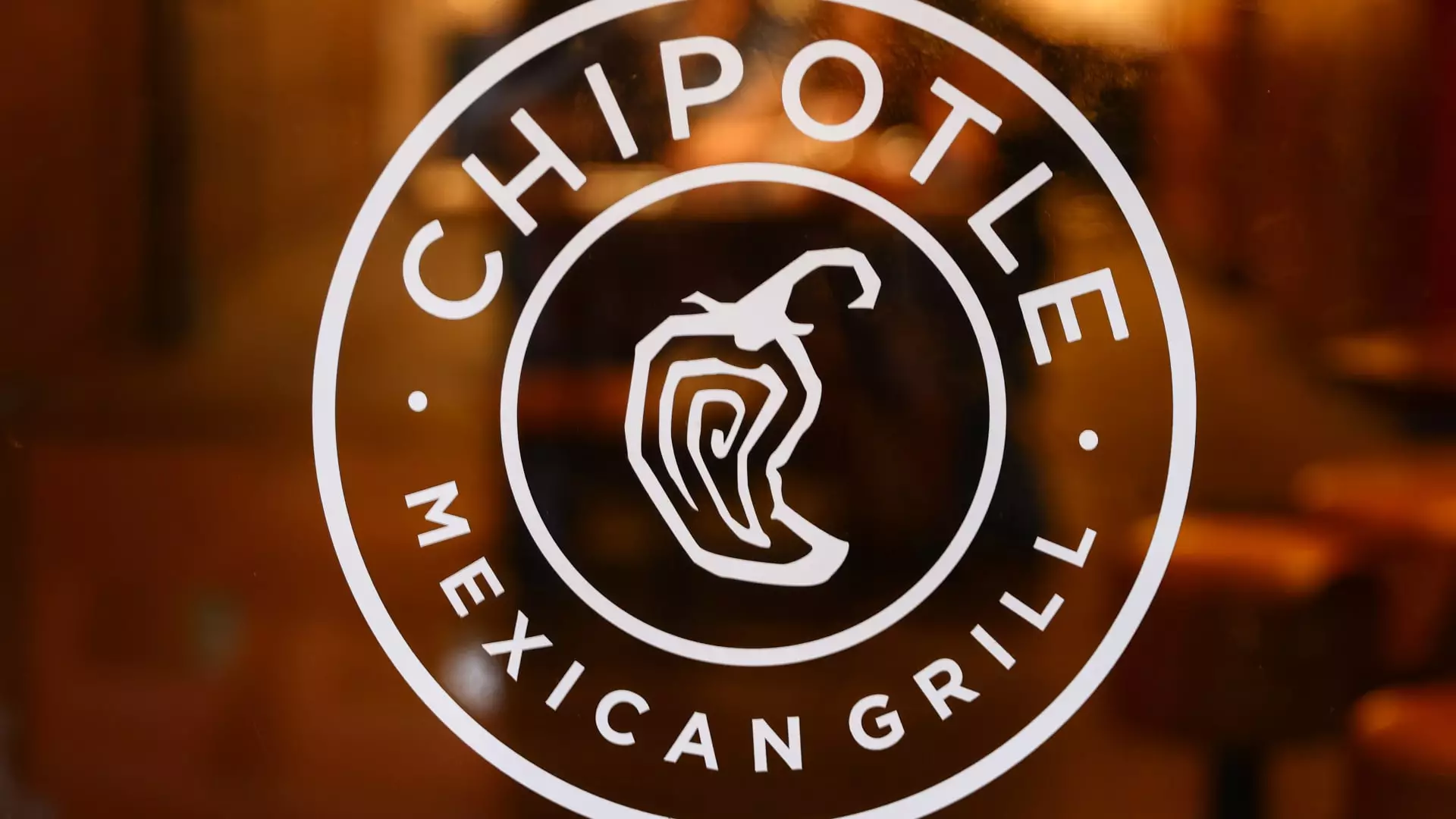Chipotle Mexican Grill is making headlines with its recent decision to plant its flag in Mexico—an audacious step for a brand rooted primarily in American soil. Scheduled to open its doors in early 2026, this expansion effort seems both thrilling and fraught with peril. Chipotle has signed an agreement with Alsea, a prominent player in the fast-food landscape of Latin America and Europe, overseeing various household names like Starbucks and Burger King. While this partnership marks a pivotal point in Chipotle’s journey toward global dominance, one can’t help but wonder if this move is fraught with the same pitfalls that have tripped up other American chains before it.
Cultural Misunderstandings and Market Realities
Despite the excitement surrounding this endeavor, the ghosts of failed forays into the Mexican market loom large. Take Taco Bell, for instance—a brand that epitomized the American interpretation of Mexican cuisine and faltered spectacularly when attempting to penetrate the very culture that spawned its food type. Chipotle’s chief business development officer, Nate Lawton, insists that Mexico’s familiarity with its ingredient-centric offerings will resonate with consumers. But this assertion overlooks a critical component: the subtleties and nuances of authentic Mexican cuisine that may undermine an American chain’s attempt to adapt its product to local tastes.
Let’s face it—cultural authenticity is not easily transferable, and the mere presence of familiar ingredients does not guarantee success. The culinary landscape in Mexico is rich and diverse, deeply rooted in history and tradition. Will Chipotle’s “fresh” Mexican fare stand up to local expectations, or will it be viewed as yet another soulless attempt to Americanize a beloved cuisine?
The Trade Winds: Navigating Political Tensions
The geopolitical landscape further complicates Chipotle’s ambitions. Amid tensions and trade wars characterized by ever-shifting tariffs on Mexican goods—particularly avocados—Chipotle’s reliance on Mexican agriculture could prove contentious. Even though the company has diversified its avocado sourcing, a significant chunk still hails from Mexico. The unpredictability of U.S.-Mexico relations raises questions about Chipotle’s sustainability in the region. Can a chain thrive amidst an atmosphere of brewing discord?
For consumers and food advocates alike, Chipotle’s expansion might seem untimely and tone-deaf, given that the company is actively building a business in a climate of discord. While the fast-food giant might thrive in other countries, such as Canada or parts of Europe, the question remains: Can it genuinely adapt its brand while negotiating the delicate balance of cultural appreciation and political realities in Mexico?
A Culinary Gauntlet Awaits
As Chipotle charts its course, it stands at a crossroads. The company’s commitment to fresh ingredients and bold flavors may resonate with certain segments of the Mexican population, but a broader acceptance hinges on its ability to respect and capture the rich culinary tapestry of the region. The danger lies in alienating potential customers who might see the brand as yet another invasive presence that commodifies their culture’s cuisine.
The looming question remains: Is Chipotle’s venture into Mexico a calculated risk for unprecedented expansion, or is it a misstep that could lead to cultural repercussions and considerable losses? While some might cheer this effort as a sign of globalization’s promise, it raises vital concerns about authenticity, respect, and local relevance in a world driven increasingly by fast-food giants. Only time will unveil whether Chipotle’s bold leap will yield a tantalizing recipe for success or serve as cautionary tale in the annals of culinary incursion.


Leave a Reply